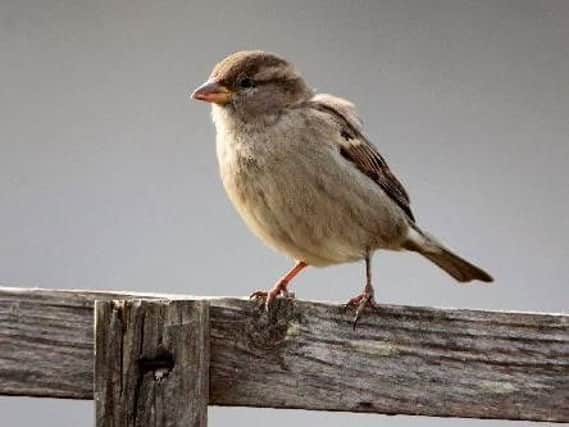Is climate change to blame for dwindling numbers of garden birds on the Fylde coast?


According to RSPB, climate change is causing widespread population change in birds, and now conservationists have called for further research into the long-term consequences of climate change on wildlife to be commissioned urgently.
Residents of Thornton and Cleveleys took to facebook to discuss the differences in wild bird populations in their gardens this year in comparison to previous years, and the blame lay with numerous factors including climate change, habitat destruction and even rogue pet cats.
Advertisement
Hide AdAdvertisement
Hide AdTony Collier said: "This time last year we would have had 20 goldfinches (which were our most common visitors) plus hedge sparrows, greenfinches, and blackcaps to name just a few.
"Now none, not even the collared doves- seems strange."
Shirley Reynolds said: "I don't see any birds now as there are far too many cats in the street, who walk along the back fence and into the trees and take what they want."
Habitat destruction was also taken into account by another resident, who said: "Bird numbers are crashing full stop but in an area like Wyre which is suffering bird holding habitat loss at a rapid rate, the problem will be exacerbated.
"Every time a green area is lost the birds that would be attracted to that area and then spill out into local gardens to visit feeders will decrease."
Advertisement
Hide AdAdvertisement
Hide AdA recent report from RSPB suggests that climate change could be to blame for the potential decline in bird numbers throughout the UK, and elsewhere worldwide.
Prof Richard Gregory, head of monitoring conservation science said: “Our precious wildlife is already struggling to cope with habitat destruction, farming practices, pollution, harmful fishing and invasive non-native species humans have introduced into fragile eco-systems.
“The climate crisis and biodiversity crisis are two sides of the same coin and need to be tackled together.
“We urgently need to investigate how climate change will affect species’ chances of survival in the future and adapt our conservation efforts accordingly, our skies are already falling silent."